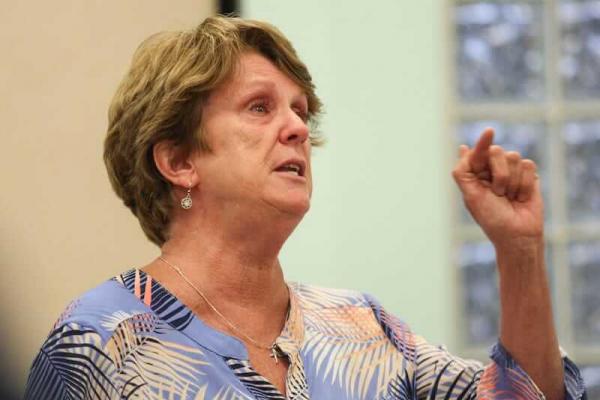Sep 28, 2023
Across the U.S., a coordinated effort is being made to suppress any history that might be deemed “uncomfortable” to its listeners.
In Oklahoma, the state’s superintendent of public instruction Ryan Walters sparked outrage by saying that teachers could teach about the Tulsa Race Massacre so long as they did not, “tie it to the skin color and say that the skin color determined it.” New legislation restricting the teaching of “divisive concepts” in Tennessee, Georgia, and New Hampshire has teachers fearing they’ll be fired simply for discussing racism or sexism in history.
Read the Full Article

Already a subscriber? Login
